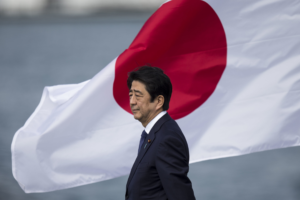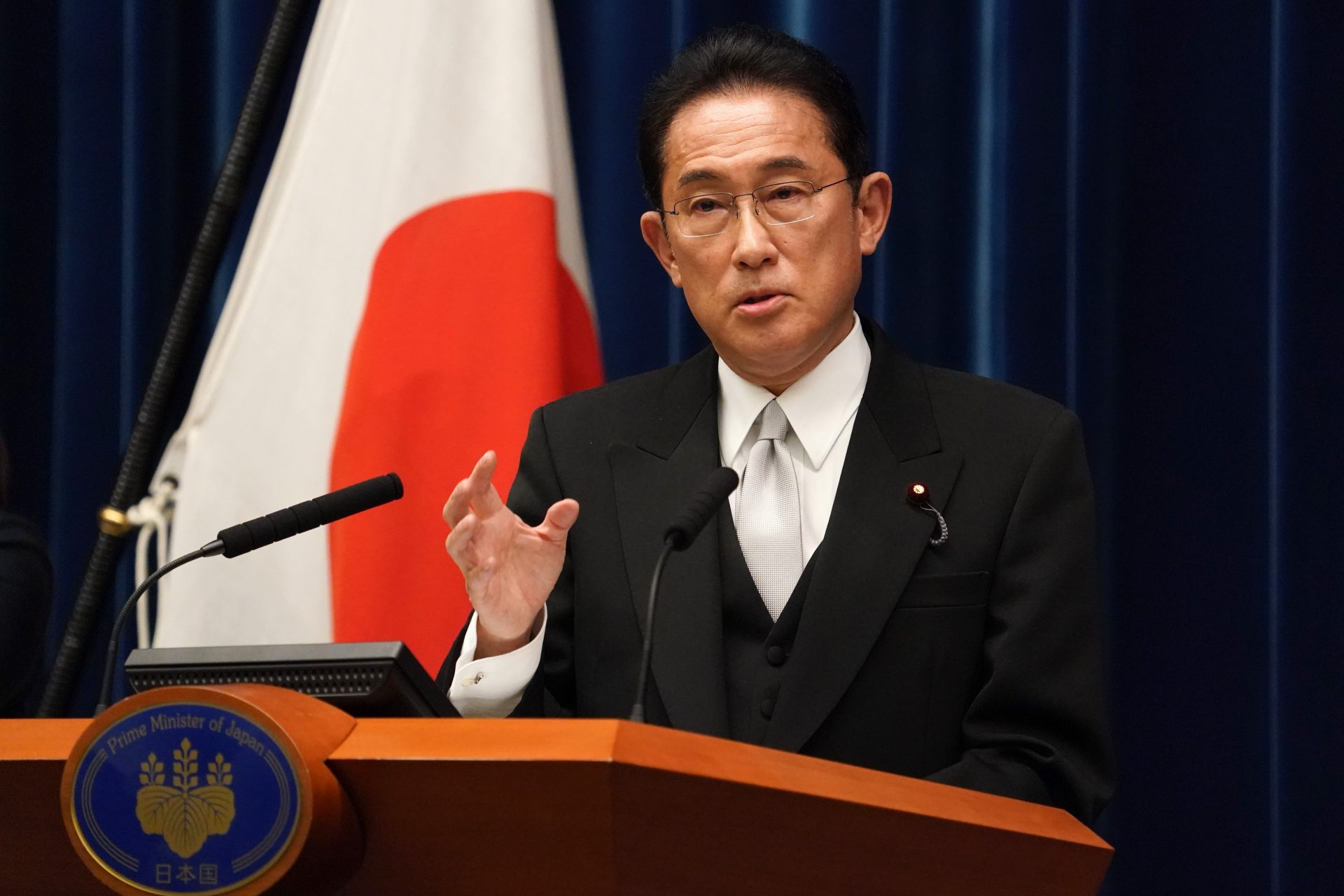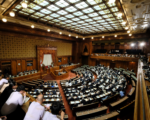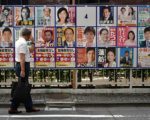Japanese Prime Minister Fumio Kishida has announced his decision to step down next month and not seek re-election as leader of the Liberal Democratic Party (LDP), following a series of scandals and declining public support. Kishida, who took office in October 2021, stated that his resignation is necessary to signal a fresh start for the LDP and to advance political reform. The party, which has governed Japan almost uninterruptedly since 1955, has recently been marred by significant controversies including allegations of financial misconduct and election law violations among its influential factions.

In a press conference, Kishida emphasized the need for transparency and open debate within the LDP, suggesting that his departure is a crucial step in demonstrating the party’s commitment to change. Despite efforts to address the scandals by replacing several cabinet ministers last year, Kishida’s administration has struggled to regain public trust, with a record high 79% disapproval rating in a recent survey.
The scandals have also highlighted the LDP’s controversial connections with the Unification Church, which became publicly scrutinized following the assassination of former Prime Minister Shinzo Abe in 2022. These issues, combined with economic challenges such as the weakening yen and rising living costs, have further eroded confidence in Kishida’s leadership.
Kishida’s resignation comes just a month before the LDP is scheduled to hold its elections, with the exact date yet to be confirmed. His successor will face the challenge of leading Japan, the world’s fourth-largest economy, during a period of economic uncertainty and rising costs. The new leader will also need to navigate Japan’s evolving role in the Asia-Pacific region, where Kishida had strengthened ties with the US and supported Ukraine amid the ongoing conflict with Russia.
Kishida’s decision reflects a broader trend of political turbulence in Japan, where the recent economic and political climate has significantly impacted public sentiment and governance.


















